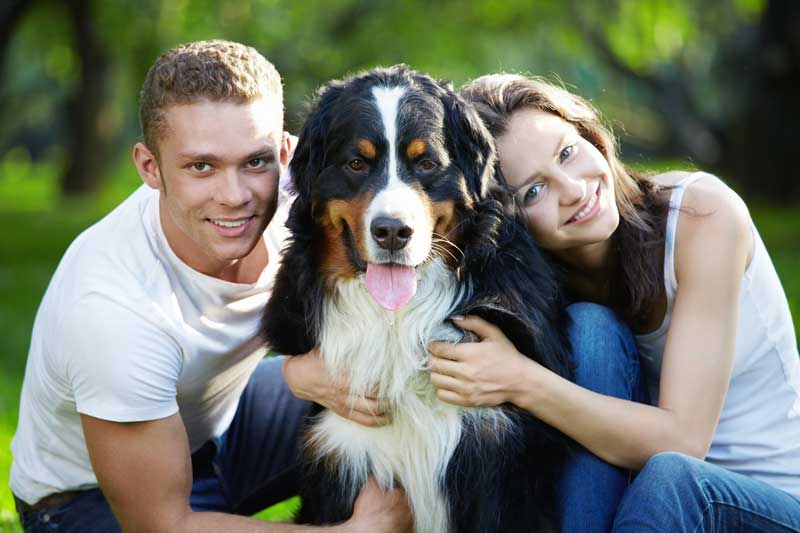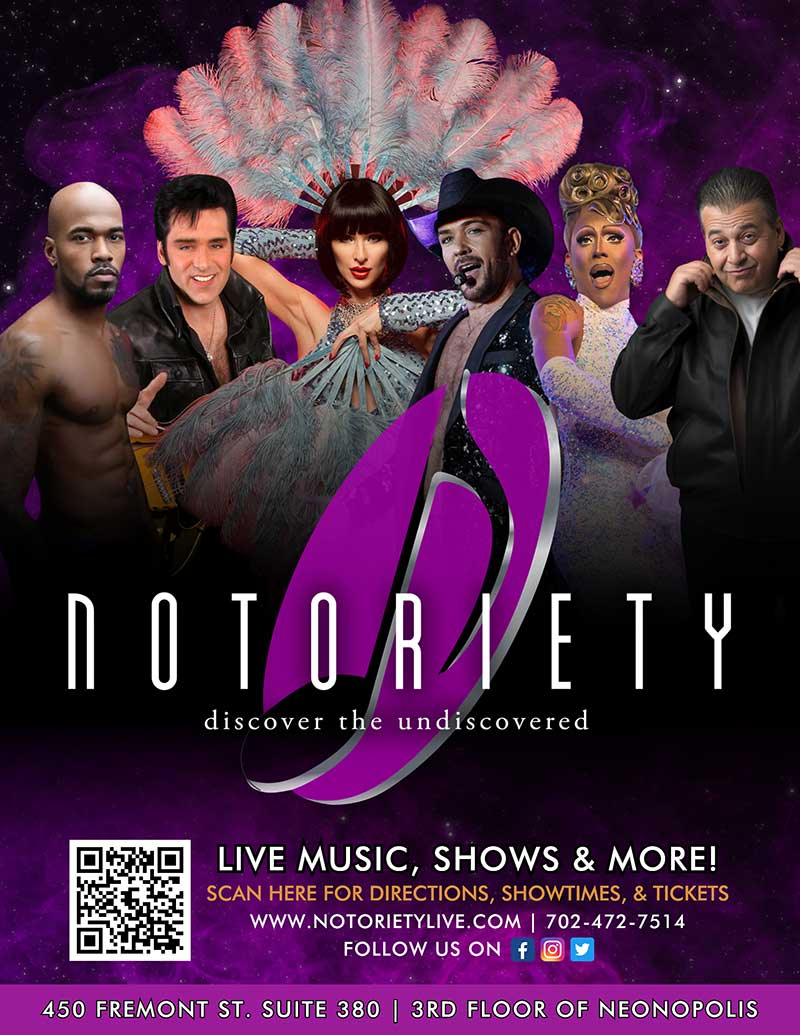
Does Your Best Friend Have Four Legs?
BY JOAN S. PECK
Did you know that more than 1,700 dogs and cats are killed in America’s shelters every day simply because they don’t have safe places to call home? Thankfully, that number would be higher without the saving grace of Best Friends.
Back in 1984, a scrappy group of friends from far corners of the globe settled in a remote area of Utah’s high desert … and took the first steps to forever changing the future for pets in shelters.
It’s the story of Best Friends, but it’s much more than the history of a spot on the map. This group of ordinary but passionate people believed that every pet has a story, too, each one worth saving, each life individual and important. Today, nearly four decades after they broke ground for a sanctuary in a remote region of the Southwest, achieving no-kill across the entire country is within reach.
They have built up partnerships that are the backbone for supporting Best Friends countrywide in their pursuit to help save our four-footed friends.
- Corporate Partners helped out with simple donations of dog food in those early days to sponsoring online adoption events today.
- Foundation Partners make it possible to reach animals in every corner of the country, creating programs that focus on the community and recognize the importance of keeping pets and their people together.
- Network Partners is the collaborative spirit of the Best Friends Network — shelters, rescue groups, spay/neuter organizations, and other animal welfare groups in all 50 states united to save more lives.
- Celebrity Supporters is a place where celebrities use their voices for the no-kill message and inspire people to foster pets, volunteer in shelters and their community, and donate to save more lives.
What’s going on with cats and dogs today?
CATS
- 76 million cats owned in the US
- 1.78 average cats per household
- 19% fewer cats owned in the US since 2016
- 42.7 million (34%) US households have a cat
- 12% increase in households with cats in the past 10 years
- 15% increase in households with cats in the past 20 years
DOGS
- 97 million dogs owned in the US
- 1.53 average dogs per household
- 8% more dogs owned in the US since 2016
- 63.4 million (50%) US households have a dog
- 39% increase in households with dogs in past 10 years
- 62% increase in households with dogs in the past 20 years
How many animals went into shelters in 2020? How many were saved?
4.3 million cats and dogs entered US shelters in 2020 (51% of animals entering shelters are dogs, 49% are cats).
There were 83% of them that were saved. Sadly, 347,000 cats and dogs were killed.
At this point, I was starting to get depressed, so I asked: Have we made any improvement at all over the years?
The lifesaving progress around the country has increased from 64% around the country in 2015 to 83% in 2020.
What is Best Friend’s NO-KILL 2025 goal?
As a philosophical principle, No-kill means saving every dog or cat in a shelter that can be saved. But a 90% save rate for animals entering a shelter is a meaningful and common-sense benchmark for measuring lifesaving progress. Typically, the number of pets suffering from irreparable medical or behavioral issues that compromise their quality of life and prevent them from being rehomed is not more than 10% of all dogs and cats entering shelters. Therefore, Best Friends designate shelters that meet the 90% save-rate benchmark as no-kill.
However, the ultimate goal is to ensure that every shelter has the resources to save every dog and cat that can be saved, whether that percentage is 90% or something else. But first, Best Friends want to help every shelter in every community reach the 90% no-kill benchmark by 2025.
The no-kill philosophy acknowledges that euthanasia may sometimes be an appropriate choice in rare cases of irremediable canine aggression in which public safety cannot be reasonably assured, and other interventions would compromise the animal’s quality of life.
How can No-Kill 2025 be successful?
“The most effective path to no-kill includes a combination of (1) collaborative partnerships and coalitions among animal shelters, animal rescue groups, and community members working toward a collective goal; (2) proven programs and best practices designed to save the most lives possible; and (3) data-driven decision-making for each individual community.
“Some shelters have yet to embrace the no-kill philosophy simply because they’ve never known another way of doing things, while others are afraid to ask for help for fear of being criticized or attacked. The burden has been placed on shelters themselves to save the lives of the animals in their care. But without the community and local government providing their shelters with the support they need, they won’t succeed.”

There are many beautiful stories about animals being rescued.
SCOUT
The first time Tess and Jakob Johnson met Scout, she was shy and nervous after spending time in an overcrowded shelter. But they knew right away that she was the dog for them ― a pup who could join them on their many adventures.
When she finally settled in at home and opened up, she proved them right. Her energy was boundless, and today she loves being with them in the outdoors. In fact, she even wears her own little backpack to carry her supplies (and treats, of course).
After learning all that Best Friends was doing to save cats and dogs, it was easy to see that it also boiled down to each of us doing what we can to pitch in our help to protect our four-footed besties as well. And the neat thing? There are many ways we can be of service. Of course, one of the best ways is to adopt a rescue cat or dog or to foster an animal until a perfect home becomes available. What are you going to do?
Go to the Best Friends Animal Society website to find all the ways and means to become a Friend to dogs and cats around the country.
Contact Information:
Best Friends Animal Society
5001 Angel Canyon Road
Kanab, Utah 84741-5000
Phone: 435-644-2001
Email: info@bestfriends.org



